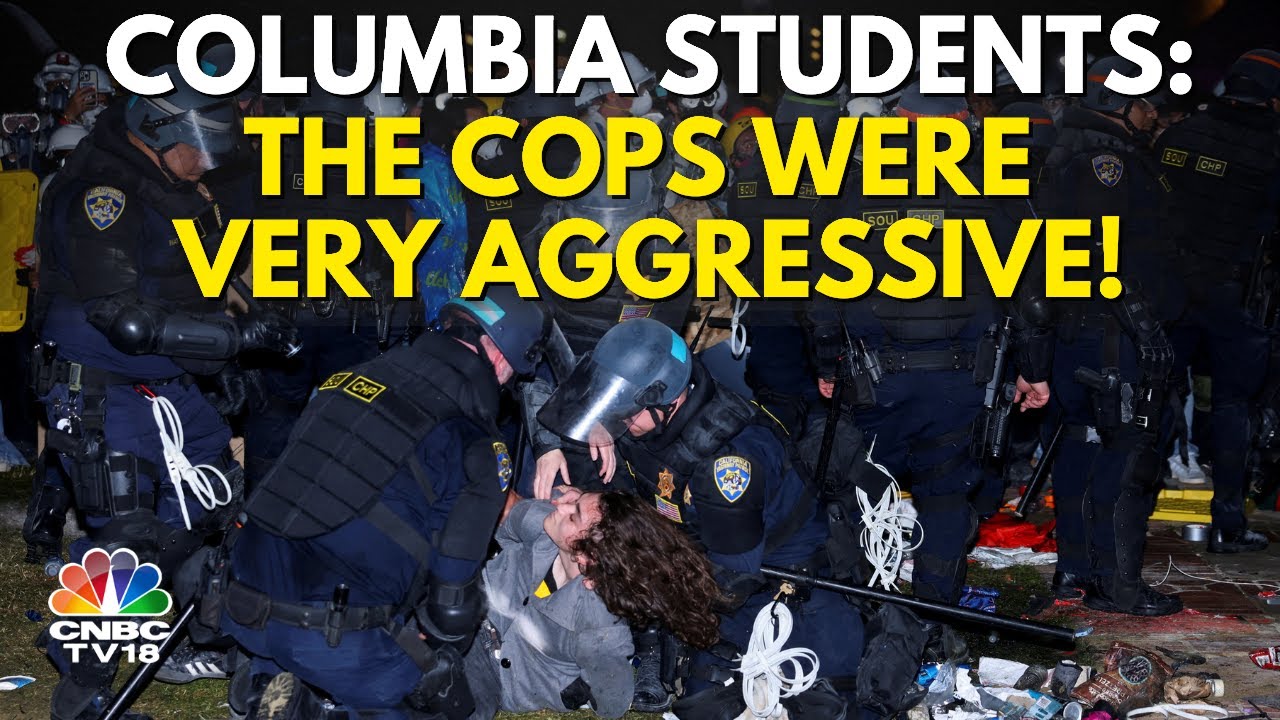
WHY DID CALCUTTA HIGH COURT ORDER TERMINATION OF OVER 24,000 TEACHERS?
The Calcutta High Court on April 22 cancelled nearly 25,000 appointments of teaching and non-teaching staff appointed through a 2016 state-level test in the West Bengal government-sponsored and aided secondary and higher secondary schools. The order was passed in the so-called teacher recruitment scam.
The court declared the entire school service commissionrecruitment panel of 2016 "null and void", as a consequence of which all appointments from 9th to 12th and groups C and D where irregularities were found stood cancelled.
Furthermore, a two-judge bench of the Calcutta high court, while ordering the board to conduct fresh recruitment, also directed a section of persons who were found to have been recruited illegally to return their salary in four weeks.
The Central Bureau of Investigation (CBI) and the Enforcement Directorate are presently looking into the alleged scam. The CBI named 12 people, including former chairman of West Bengal School Service Commission Subiresh Bhattacharya. The scandal arose following the arrest of Partha Chatterjee, a Trinamool Congress leader who served as the minister of education in the state government until his arrest.
The ruling Trinamool Congress has said that they will be challenging this judgment in the Supreme Court. Moneycontrol explains what the scam is about, why the cour came to such a radical decision and why it asked these teachers to return the salaries they received.
What is the scam about?
Nearly 23 lakh candidates had appeared for the 2016 State-level Selection Test (SLST) for 24,640 vacant teacher positions in West Bengal. Following the entrance test, there were widespread allegations of corruption. A large section of unsuccessful candidates launched a campaign, saying several of the selected candidates had paid bribes to be recruited. A former state minister and several Trinamool Congress functionaries were arrested in the wake of the probe that followed.
ALSO READ: Ex-Judge turned BJP member calls for Bengal CM Mamata Banerjee's 'immediate resignation'
When in November 2021 a single-judge bench of the Calcutta High Court ordered the CBI to begin looking into the allegations, the West Bengal government unsuccessfully challenged the order. The CBI then began its investigation and started making arrests in 2022. The court also set up a committee under former Calcutta High Court judge Ranjit Bag to oversee the probe. In December 2022, the committee submitted a report which the court heavily relied on in its judgment.
Why did HC come to this decision?
The court relied on 17 points from the Justice Bag committee that pointed to the existence of a scam. These include things like “Optical Mark Recognition (OMR) sheets had been destroyed without the scanned mirror images being preserved in the server of SSC. SSC had provided scanned OMR sheets to RTI applicants in the year 2018 till 2023 claiming that such OMR sheets were from its database although, CBI did not find any OMR sheets in the server of SSC.”
Moreover, the committee report said:
- Appointments had been given to persons who were not even in the panel (pool of teachers available for recruitment)
- Appointments had been given to persons who submitted blank OMR sheets
- Persons placed lower in rank had been given appointment in preference to persons placed higher in rank in the merit list.
- Merit list containing the marks obtained by the respective candidates had never been published
The court noted that the CBI investigation also revealed such irregularities in the conduct of the 2016 examination.
Coming to a conclusion that the scam had indeed taken place, the court decided to pass an order that would deter any person from committing such a fraud again. It said, “We have to bear in mind that the reliefs granted should be of such nature so as to act as a disincentive if not deterrence for the sordid saga replaying itself in any manner or form.”
The court, while observing that the persons who filed the writ petition had only done so to obtain a job, however also noted thta since nearly eight years had passed since the exam, it wanted to go over and above what was sought for in the petitions. The court said that in case of extraordinary circumstances, it has the power to grant what is not asked for.
“It would be putting premium on dishonesty should the Court decide to ignore such subsequent events on the plea that the same has not been raised by the writ petitioners in the writ petitions at the time when they had filed the writ petitions,” the order said.
The court took into consideration the fact that the case pertains to recruitment/appointments to schools. “A school imparts education that prepares a child for his/her onward journey in life. It is imperative that the child is placed in company of persons who are not tainted,” the order read. Also, according to the court, a teacher who moulds children from a young age should always be placed on a higher pedestal and, hence, it needed to look into the outcome of the case more seriously.
Why did the court ask that salaries paid be returned?
The bench said, “Since at least a portion of the beneficiaries of the scam, that is to say that some of the persons who were appointed beyond the panel and after expiry of the panel and appointees submitting blank OMR sheets, stands identified, it would be appropriate to direct such persons to return the benefits and usufructs they received through fraudulent means." Noting that the emoluments they received from the government were to be considered proceeds of crime, the court opined that it should be returned.
The court thus directed these persons to return all remunerations and benefits they received to the state exchequer along with interest at 12 percent per annum from the date of receipt of the order till deposit, within a period of four weeks.
2024-04-23T13:48:38Z dg43tfdfdgfd


